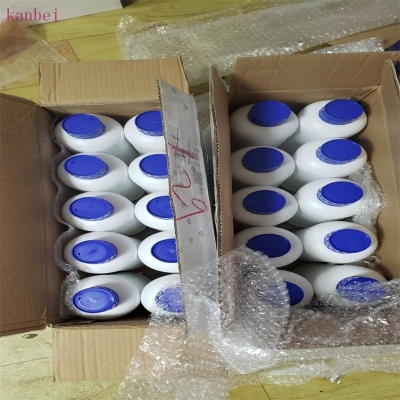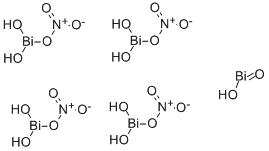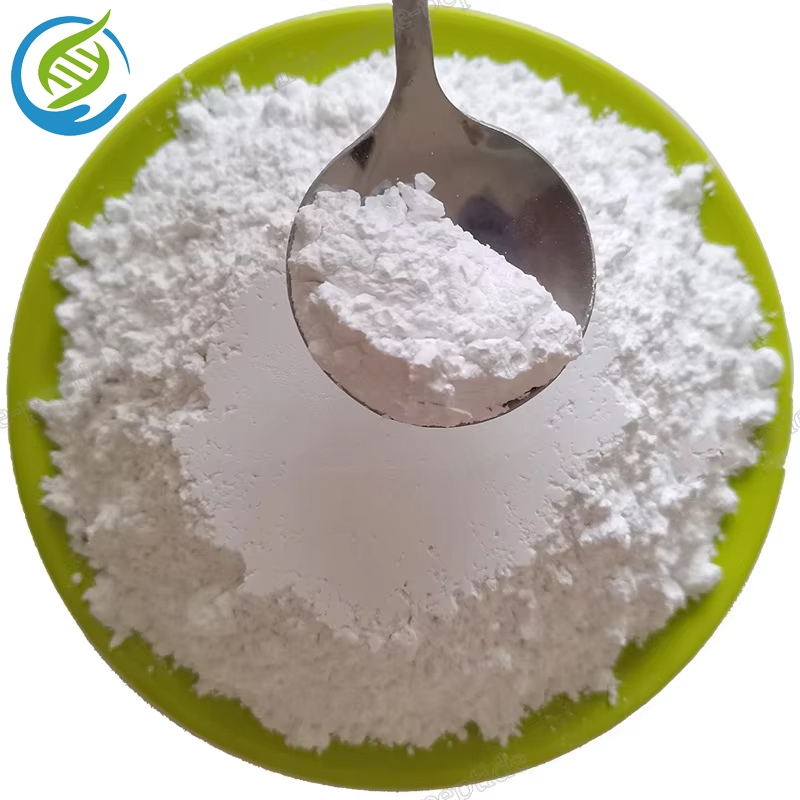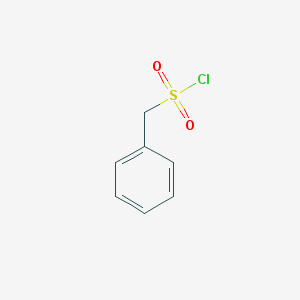Inorganic Chemistry
- • Elementary Substance (160)
- • Industrial Gases (16)
- • Inorganic Bases (53)
- • Inorganic Acid (52)
- • Inorganic Salts (1906)
- • Oxides and Peroxides (183)
- • Silica gel (5)
- • Non-metallic Minerals (14)
- • Coating Materials (24)
- • Phosphorus Compounds (50)
- • Iron Compounds (21)
- • Bromine Compounds (20)
Related News
Sort Inorganic Salts Alphabetically
Inorganic Salts
Get Inorganic Salts Raw Materials by RegionBenzenepropanoyl chloride
(645-45-4)-
Industrial Grade / 99%
-
- / 99.00%
-
industrial Grade / 98%
-
![Hydrocinnamoyl chloride buy Hydrocinnamoyl chloride]()
Industrial Grade / 99%
Request for quotation , get quotes from more suppliers.
Boron trichloride
(10294-34-5)-
Industrial Grade / 99%
-
Chemical Grade / 99%
-
![Boron trichloride buy Boron trichloride]()
-
![Boron trichloride buy Boron trichloride]()
Request for quotation , get quotes from more suppliers.
Barium bromide
(10553-31-8)-
Industrial Grade / 99%
-
![Barium bromide buy Barium bromide]()
Industrial Grade / 99.0%
-
![BARIUM BROMIDE buy BARIUM BROMIDE]()
Industrial Grade / 99%
-
![Barium dibromide buy Barium dibromide]()
usp / 99%
$10/KG EXW
Request for quotation , get quotes from more suppliers.
-
- / 99.00%
-
Industrial Grade / 99%
-
Industrial Grade / 99.999%
-
Industrial Grade / 99.99%
Request for quotation , get quotes from more suppliers.
Bismuth trichloride
(7787-60-2)-
- / 99.00%
-
Reagent Grade / 99%
$20-22/KG FOB
-
-
Request for quotation , get quotes from more suppliers.
Barium oxide
(1304-28-5)-
Industrial Grade / 99%
-
Chemical Grade / 99%
-
![Barium oxide buy Barium oxide]()
-
![BARIUM OXIDE buy BARIUM OXIDE]()
Request for quotation , get quotes from more suppliers.
-
Industrial Grade / 99%
-
![Barium iodide buy Barium iodide]()
-
![Barium iodide buy Barium iodide]()
Industrial Grade / 99%
-
![barium iodide buy barium iodide]()
Different Grade / 99.9%
$0.1/KG EXW
Request for quotation , get quotes from more suppliers.
Boron tribromide
(10294-33-4)-
Industrial Grade / 99%
-
Chemical Grade / 99%
-
-
Industrial Grade / 99%
Request for quotation , get quotes from more suppliers.
Bismuth nitrate oxide
(10361-46-3)-
Chemical Grade / 99%
-
api / 74%
-
![Bismuth nitrate oxide buy Bismuth nitrate oxide]()
-
![Bismuth nitrate oxide buy Bismuth nitrate oxide]()
Request for quotation , get quotes from more suppliers.
Benzenemethanesulfonyl chloride
(1939-99-7)-
Industrial Grade / 99%
-
- / 99.00%
-
Pharmacy Grade / 99%
-
![alpha-Toluenesulfonyl chloride buy alpha-Toluenesulfonyl chloride]()
Industrial Grade / 99.0%
Request for quotation , get quotes from more suppliers.
More Information
Inorganic salts, also known as minerals, encompass both major and trace elements, constituting essential substances in human metabolism. Most often, when referring to inorganic salts, we imply pure substances, such as laboratory-grade sodium chloride. We do not label it as table salt because additional substances are often added to table salt.
The primary distinction between inorganic and organic salts lies in the nature of their anions. Much of their chemical properties are determined by these anions. For instance, inorganic salts typically exhibit strong hydrophilicity, while organic salts may display affinity towards certain nonpolar reagents.
Despite their low concentration in cells and the human body, inorganic salts play significant roles. A diversified diet, with less animal fat consumption and more consumption of coarse grains like brown rice and corn, and limited intake of refined flour, helps maintain the normal levels of inorganic salts within the body.
Common inorganic salts include:
● sodium chloride
● potassium chloride
● calcium carbonate
● magnesium sulfate
● ammonium nitrate











































